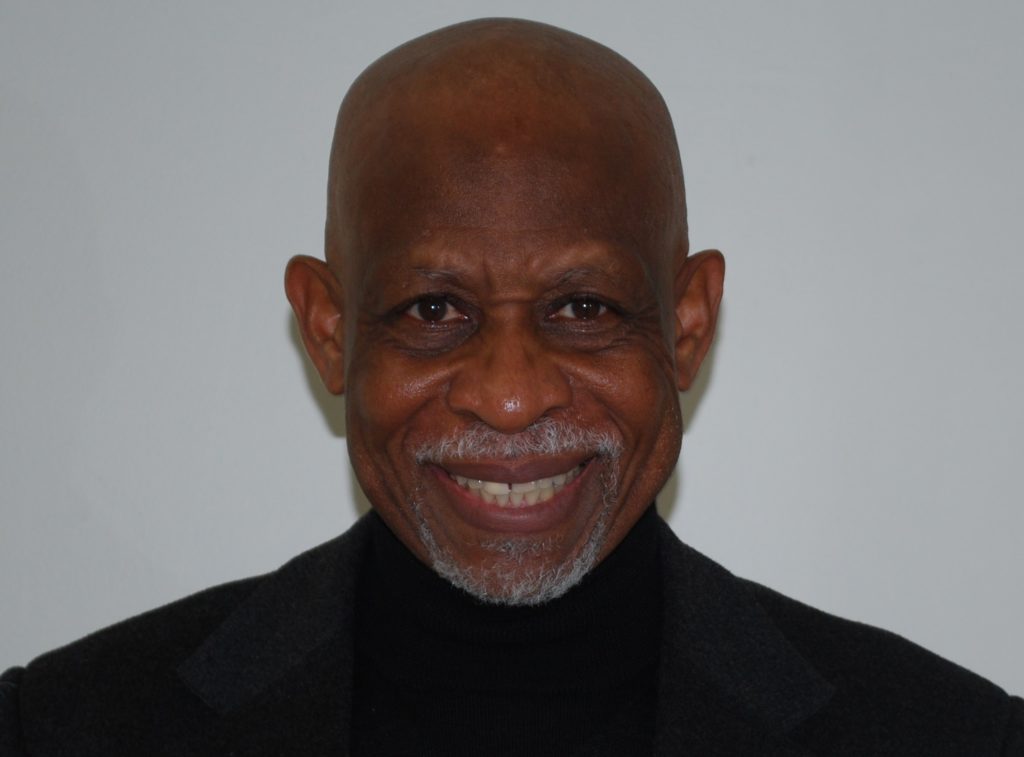FROM THE PASTOR’S HEART

OP / ED BY DR. ROBERT KENNEDY
Let me continue reflecting on the need for covenant restoration, which I proposed before this reflection, by stating that we live in a truly desperate and troubled time. Whether we are willing to admit it or not, it is clear that we have lost the sense of covenant on a personal, communal, and national level. Moreover, the attitudes displayed suggest that many do not know what it means to be in a covenant relationship.
Here I point to at least seven crises that we are facing today.
- Crisis of commitment
- Crisis of obligation
- Crisis of trust
- Crisis of cooperation
- Crisis of relationship
- Crisis of responsibility
- Crisis of community
The embolden words are intended to emphasize what is involved in a covenant. They are themes that our fore-parents, forebearers, and founders emphasized as they sat down to construct their families, homes, communities, and constitution(s). They are also fundamental themes in the covenant God made with his people Israel, as told in Scripture.
When the people forgot the themes of their covenant – commitments, obligations, relationships, and responsibilities – the prophets, reforming priests, kings, and other true-hearted leaders challenged them to restart their covenants.
One of the great examples of covenant reform or restoration took place in Israel under the priest Jehoiada during the days of king Joash of Judah. Here is how the biblical text reads:
Then Jehoiada made a covenant between the LORD, the king, and the people, that they should be the LORD’s people and between the king and the people. (2 Kings 11:17)
The back story is that after many years of terror and chaos, the kingdom of Judah needed to return to the ways of the Lord. The wicked queen Athaliah, who had promoted idolatry, revenge killings, and violence in the realm of Judah, was deposed and put to death. The young king Joash who escaped Athaliah’s hand of terror had now been seated on the throne.
God gave him an excellent guide in the person of Jehoiada, the high priest. The priest called for the reform, and Joash cooperated. Together they gathered the people and restated the formal agreements of the covenant. They recited the king’s and the people’s obligations to the LORD God. They also clarified the responsibilities that the king and the people had toward each other.
The agreements were not new but a recitation of the covenant terms that had already been made with God and one another centuries before. In the days of Moses, God made a covenant with Israel at Sinai, and the people accepted the terms of that covenant (Exodus 24:3-8). But, as the centuries passed, the people forgot the covenant and turned to idolatry. Now it was time, as had been done many times before and would be done many times in the future, to renew the commitments, restate the responsibilities to honor, obey, and serve the LORD and live faithfully in community.
In coming together, the people engaged in:
- A time of confession – They acknowledged their sins – “We have broken the covenant,” they would say.
- They humbled themselves
- They repented
- Then they restarted the covenant.
I have stated the above to leave you with the one question that has been the burden I have been pressing since the last reflection, namely, “Do you see a need to renew, revive and restart your covenant with God, your family, your church, your community or with your nation?” We live by covenants, and if we are unwilling to renew them, we will all face the curses of brokenness and disconnection.

